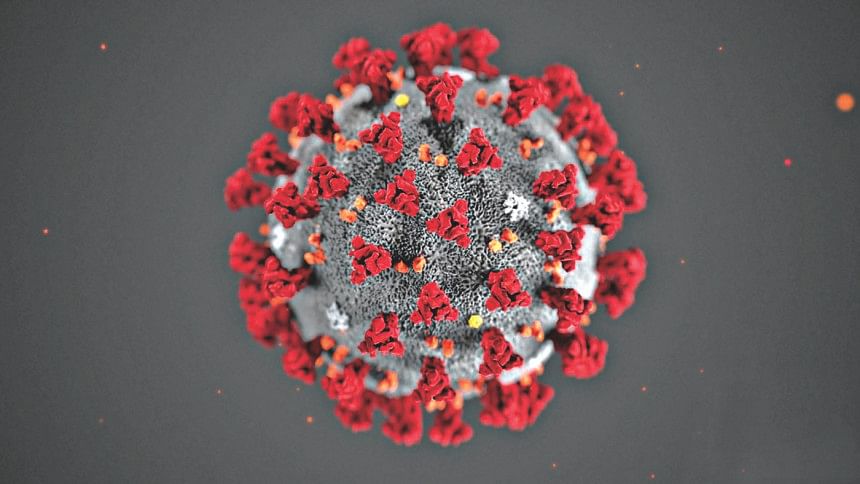Conspiracy theories hurting efforts: China

An outbreak of disinformation in China and elsewhere has hurt global efforts to combat the new coronavirus, said a specialist infectious disease lab located at the epicentre of the epidemic -- and at the heart of a number of conspiracy theories.
In a statement issued on Wednesday, the state-backed Wuhan Institute of Virology said "internet rumours" had "received close attention from all walks of life" and "caused great harm to our research staff on the front line of scientific research".
The institute has been accused of "artificially synthesising" the coronavirus in one of its laboratories, it said. It also referred to other claims circulating online that the "patient zero" in the current outbreak was a graduate student from the institute, and that one of its researchers had also died after the virus "leaked".
Many of the rumours circulated domestically and overseas claim the coronavirus was engineered by local scientists and leaked, deliberately or by accident, in Wuhan where the virus was first detected and is the epicentre of the epidemic.
But another theory, debunked on Wednesday by the well-known rumour-busting website Snopes.com, connected the outbreak to the arrest last month of Harvard University professor Charles Lieber, who was accused of concealing ties with the Wuhan Institute of Technology.
Shanghai government newspaper Liberation Daily has published a regular round-up of misinformation, including allegations that large numbers of infected patients are coming to the city for treatment, and a claim the virus can be cured by strong curry.
A team of 27 scientists published a statement in the Lancet medical journal on Tuesday condemning the conspiracy theories, which "do nothing but create fear, rumours and prejudice that jeopardise our global collaboration in the fight against this virus." They said scientists "overwhelmingly conclude that this coronavirus originated in wildlife" and transmitted to humans from a seafood market in Wuhan.

 For all latest news, follow The Daily Star's Google News channel.
For all latest news, follow The Daily Star's Google News channel. 




Comments